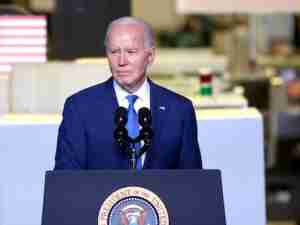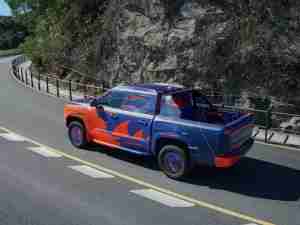Japan’s steelmakers face construction project delays, weak export markets
By: Reuters | Jul 31 2014 at 02:50 PM | International Trade
Japan's steelmakers are cautious about the outlook for profit growth this year due to weak export markets and delays in construction projects that has affected domestic demand for steel.
The big steel companies, which reported quarterly earnings this week, had been expected to benefit from the Japanese government's stimulus spending and rebuilding of areas devastated by an earthquake and tsunami in 2011.
But Prime Minister Shinzo Abe's commitment to rebuild aging infrastructure and revitalise Japan has come up against labour shortages that have driven up costs and delayed building projects. And Asian export markets have been hit by a prolonged price slump due to China's massive crude steel output.
Japan's steel product demand for buildings fell to 3.84 million tonnes in April-June from 4.04 million tonnes a year earlier after a sales tax hike from April cut purchases and the shortage of construction workers delayed some projects.
"Thanks to the government's (revitalisation) plan for infrastructure and rebuilding of northeastern regions from the 2011 earthquake, construction demand is strong, but actual works have been delayed due to labour shortage," JFE Holdings Inc vice president Shinichi Okada said at a news conference after the company's results on Wednesday.
Japan's top two steelmakers, Nippon Steel & Sumitomo Metal Corp and JFE, forecast higher earnings for the year but these were lower than analysts had expected.
Nippon Steel, the world's No.2 steelmaker, forecast a group recurring profit of 400 billion yen ($3.89 billion) for this business year, up 11 percent from a year ago, but below a consensus estimate of 428 billion in a poll of 17 analysts in Thomson Reuters I/B/E/S.
JFE's forecast at 180 billion yen, which is up from 174 billion a year ago, came below a consensus estimate of 201 billion in a poll of 15 analysts. Kobe Steel Ltd, Japan's No.3 steelmaker, also missed analysts consensus.
Nippon Steel reported a 14 percent drop in recurring profit for the April-June quarter and JFE posted a 1.5 percent decline while Kobe reported a 26 percent gain.
"We think an overall impact from a sales tax hike came within our expectation, but some macro figures suggest different pictures. So we'll be carefully watching consumer demand later this year," executive vice president Katsuhiko Ota said at an earnings news conference on Thursday.
Japan's industrial output fell 3.3 percent in June, against economists' median estimate of a 1.2 percent drop in a Reuters poll of economists, government data showed on Wednesday.
Another headache for the steelmakers is a series of troubles at their old plants, which cut steel output and raised costs.
Nippon Steel's Nagoya plant, which was built in 1958, had power failures four times this year, causing it to book 10 billion yen in losses for the April-September half. Kobe's Kakogawa plant, build in 1970, had fires at some facilities twice and power outage in April-June, leading to 5 billion yen loss for the quarter.
As a result, Kobe cut its full-year crude steel output plan by 50,000 tonnes to 7.6 million tonnes. Nippon Steel said it is sticking to its forecast of 46 million tonne. JFE lowered its production plan by 500,000 tonnes to 29.5 million tonnes due to softer demand.
Japanese steelmakers are having to restrain exports despite the weak yen because of falling steel prices in the rest of Asia.
Nippon Steel's export ratio fell to 46 percent in April-June from 49 percent a year earlier while JFE's figure dipped to 46.2 percent from 51 percent a year earlier.
"Oversupply in China has not changed at all," JFE's Okada said.
The Shanghai rebar futures, closely watched steel price in Asia, have fallen to record lows in June because of slow demand in China, the world's biggest steel consumer.
"China's and South Korea's mills are stepping up export as they can't absorb supply in their home market, which weighs on prices in Asia," Eiji Hayashida, chairman of the Japan Iron and Steel Federation, said this week. "Steel exports from Japan are not likely to rise under the current circumstances." (Reuters)








